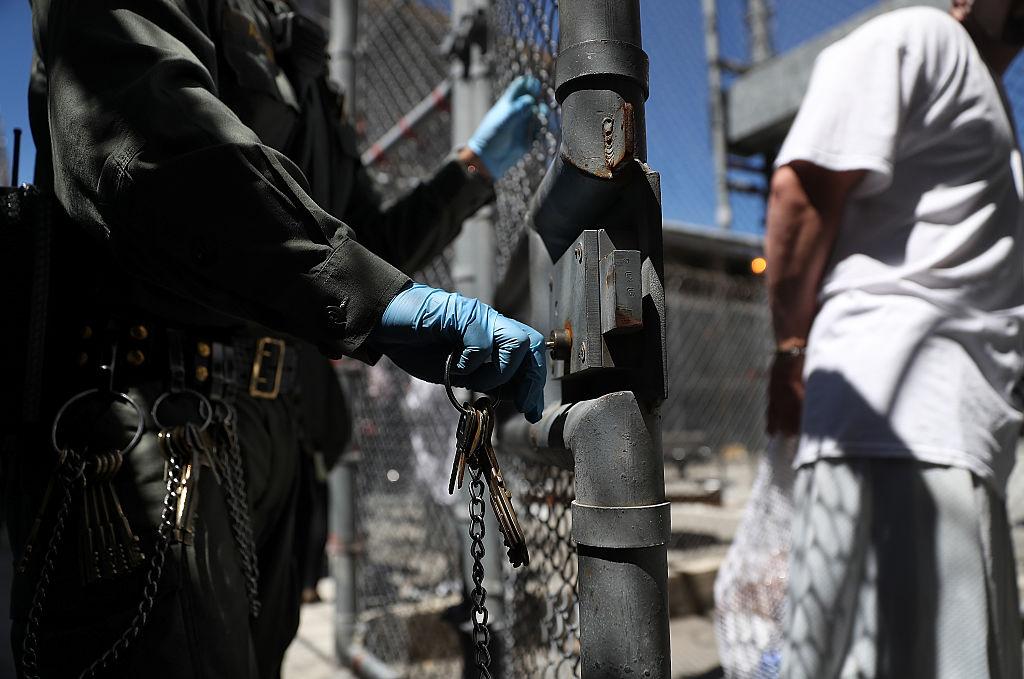Facing staunch opposition from family members of victims, law enforcement groups, and Republican lawmakers, a bill that would allow for resentencing of inmates convicted of capital murder and sentenced to death passed the Assembly Public Safety Committee June 27 on a partisan vote.
Introduced with the intention of allowing a path for release for elderly inmates some believe to no longer be a risk to society, supporters of the bill say that imprisoning people for decades lacks humanity, with the bill intended to alleviate such concerns.





